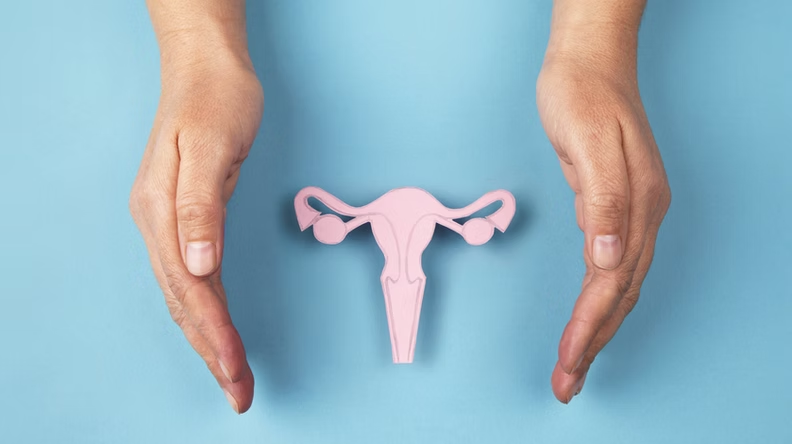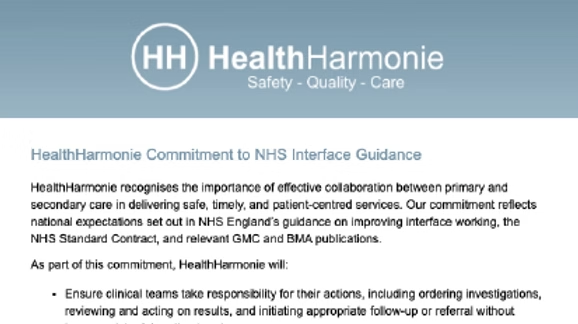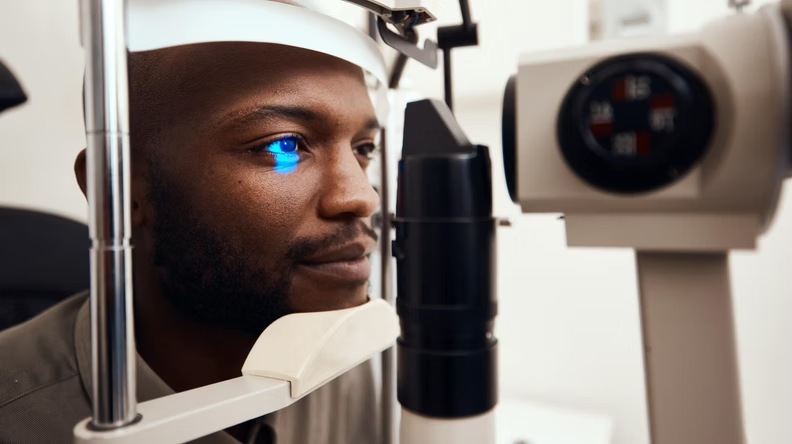Yesterday kicked off the start of Cervical Screening Awareness Week and we wanted to get involved to spread awareness on the subject. Cervical screening (the smear test) is the term used for the process which tests the condition of your cervix. Unfortunately, within the past 10 years the number of smear tests attended has dropped, so we wanted to stress the importance of attending these appointments. As a GP, helping patients who are feeling anxious at the idea of smear tests can ultimately increase the number of screenings performed each year by demonstrating a friendly and reassuring environment, ensuring the best care for our patients.
Cervical screenings start from the age of 25, if we can educate on the subject so that patients are attending at this age then they are likely to continue this care with every screening appointment that follows. Most are worried to attend smear tests as they are too embarrassed to have one performed, so it is important that patients are informed on how simple the process actually is in order to combat the risk of potential cervical cancer.

“It is estimated by UK researchers that in England, cervical screening currently prevents 70% of cervical cancer deaths. However, if everyone attended screenings regularly, 83% could be prevented.”
The national target for cervical screening coverage is 80%, however: “Screening figures collected by NHS Digital show that coverage amongst women aged 25 to 49 years was 70.2% at 31 March 2016. This compares to 71.2% at 31 March 2015 and 73.7% at 31 March 2011. For women aged 50 to 64 years, the coverage at 31 March 2016 was 78.0% which compares to 78.4% as at 31 March 2015 and 80.1% as at 31 March 2011.”
Whilst attending the appointments are down to the patient, GP’s and practice nurses can also aid in educating others on the subject to increase the number of patients attending their screenings. The Public Health England have created an educational video on the matter which can be viewed here: https://www.youtube.com/watch?v=8VU4xXybsto
Dr Pallavi Latthe is our gynaecology lead who runs gynaecology clinics across south and central Birmingham and oversees a wide range of gynaecological issues. She is a research active clinician and leads the adolescent gynaecology and urogynaecology tertiary services at the Birmingham Women’s and Children’s Hospital.
For more information on our gynaecology services: www.healthharmonie.com/gynaecology










